
Answer:
Peptic ulcers are sores in the lining of the stomach (i.e., "gastric ulcers") or the small intestine (i.e., "duodenal ulcers"). In some people, peptic ulcers cause no symptoms. In other people, ulcers may cause pain in the upper part of the belly, bloating, and nausea. In people with severe ulcers, bleeding can occur.
Peptic ulcers are caused by long-term irritation. The most common causes of irritation include Helicobacter pylori (H. pylori) infection or regular use of nonsteroidal anti-inflammatory drugs (NSAIDs). Peptic ulcers caused by H. pylori infection are treated with antibiotics. Peptic ulcers caused by NSAIDs require stopping use of NSAIDs when possible. Acid reducers such as proton-pump inhibitors can be used to ease irritation of ulcer until it heals.
Certain supplements have been used alone or along with antibiotic therapy for H. pylori infection, and some, but not all, have shown benefit in eliminating H. pylori from the gut or decreasing side effects of antibiotic treatment. On the other hand, some supplements may worsen symptoms of peptic ulcer disease and should be avoided by people with this condition.
Sign in as a member to find out whether the following do or do not help treat peptic ulcers: antacids, arginine, berberine, cranberry, feverfew, ginger, iron, lactoferrin, licorice, manuka honey, mastic gum, melatonin, oregano oil, probiotics, and vitamin B-6. Also learn which supplements may be depleted in people taking PPIs to treat peptic ulcer disease.
Join today to unlock all member benefits including full access to all CL Answers and over 1,400 reviews.
Join NowAlready a member? Sign In Here.
Join now at www.consumerlab.com/join/

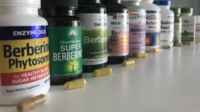
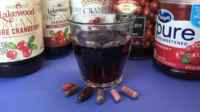
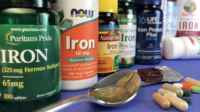
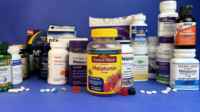
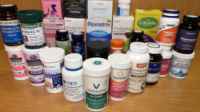
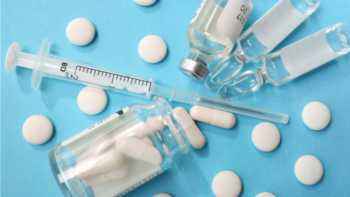
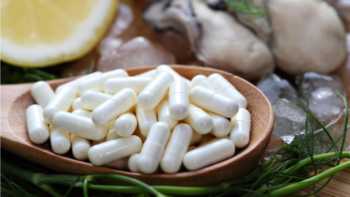

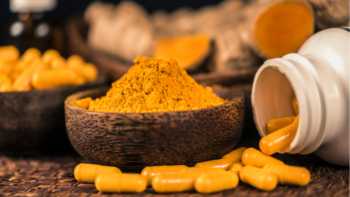
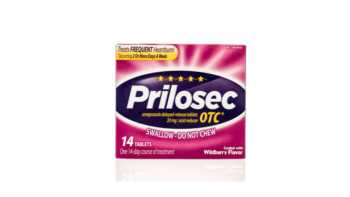





Submit your comment
This feature is restricted to active members.
Join now to add comments and get all member benefits, including over 1,400 reviews.
Join NowAlready a member? Sign in here.